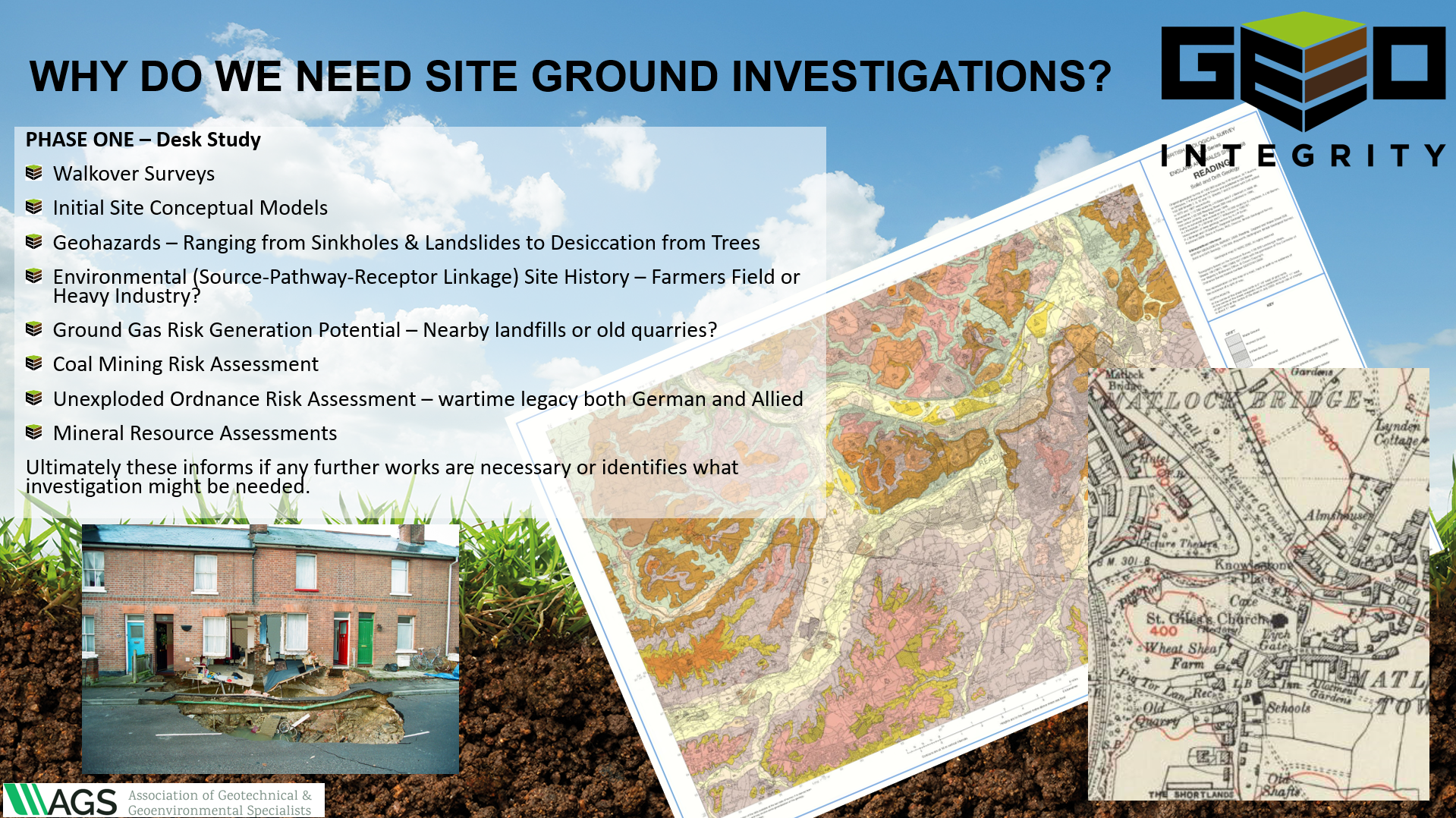29. November 2024
The Environment Agency is consulting on updated charges for waste management and regulatory activities, aiming to enhance efforts to combat waste crime and improve fairness. Proposals include a new waste levy (10% of certain permit charges) to combat waste crime and additional fees for waste exemptions, offering savings for farmers and bulk registrations. A new intervention fee will apply if breaches of regulations are suspected, while some hourly rates for environmental services will rise....
16. August 2024
When planning a cemetery or cemetery extension in the UK, groundwater investigation is crucial due to environmental, health, and regulatory concerns. Cemeteries can have a significant impact on local water resources, as the decomposition of human remains can release pollutants, including bacteria, viruses, and chemicals, into the soil. As such, some cemeteries must have an environmental permit. However, there are a series of conditions that new cemetery developments, or new extensions to a...
02. August 2024
Sinkholes, both man-made and naturally occurring, are dramatic and often dangerous geological phenomena that result from the collapse of the ground surface into voids below. Understanding their causes and methods for investigating them is crucial for mitigating their risks. Naturally occurring sinkholes primarily form in regions with soluble bedrock, such as limestone, chalk, gypsum, or salt. These sinkholes develop through a process called dissolution, where acidic or fresh groundwater...
09. July 2024
Introduction The concept of the “grey belt” has gained attention recently as part of discussions around housing development and land use. In this blog post, we’ll explore what the grey belt is, its significance, and considerations for developers interested in building on such land. What Is the Grey Belt? The grey belt refers to areas within the green belt that are considered “poor-quality and ugly.” These areas may include disused car parks, wasteland, and other neglected spaces. The...
27. June 2024
We attended an out-reach session at Worcester Sixth Form College yesterday for Geology, Geography and Environmental Science 'A' level students from Stourbridge, Worcester, Ross-on-Wye and Hereford. We chatted to students from the four different groups over the day (as well as their teachers) about geotechnical and geoenvironmental site investigation and how our careers have progressed over time. We feel that practicing engineering geologists connecting with A-level students for career advice is...
23. May 2024
New changes to Permitted Development Rights for Agricultural buildings came into action this month covering Class Q and Class R developments on certain farms. Class Q and Class R permitted development rights, introduced under the Town and Country Planning (General Permitted Development) (England) Order 2015, streamline the repurposing of agricultural buildings, enhancing rural development without full planning applications. Class Q allows the conversion of agricultural buildings to residential...
21. May 2024
Any site investigation should always start with a Phase 1 Environmental and Geotechnical Desk Study Report. This is a preliminary assessment that evaluates potential environmental and geotechnical risks associated with a site. It involves a comprehensive review of existing information, including historical land use, geological maps, and previous investigations. The report aims to identify any contamination, stability issues, or other hazards that could impact development. Key components include...
16. May 2024
We recently provided a presentation to a valued client on a range of topics for their staff and graduate training programme. We enjoy reaching out to our colleagues across the industry, and if you think a short lunchtime CPD talk or seminar would be beneficial to your team, please let us know and we would be happy to visit. Our telephone number is 01280 816409 or drop us an email on info@geo-integrity.co.uk
08. May 2024
Before any construction project begins, conducting a thorough site investigation is paramount. This crucial step ensures that the construction process is safe, efficient, and cost-effective. Firstly, a site investigation helps identify potential hazards such as unstable soil conditions, or environmental concerns like contamination. Understanding these risks beforehand allows engineers and architects to design appropriate measures for mitigating them, ensuring end -user and worker safety and...
26. March 2024
Following on from our article in February we know learn that the UK government is looking to alter national planning policy with regards to brownfield land development. Their consultation on strengthening planning policy for brownfield land development marks a pivotal opportunity to address critical issues surrounding urban regeneration, housing affordability, and environmental sustainability in the UK. Brownfield sites, characterized by their previous industrial or commercial use, hold immense...










